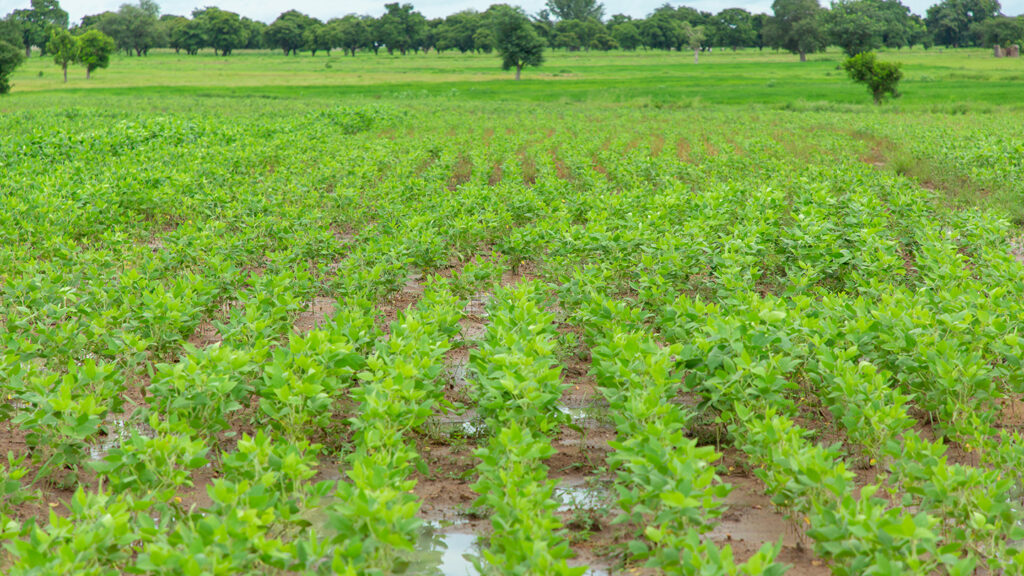HavAfric is a mission-driven startup, co-founder Joseph Opoku Gakpo has said. The seed company is working to eradicate food waste, hunger, and malnutrition across Africa through the development and supply of climate-smart seeds, produced using CRISPR gene editing technology.
“HavAfric will utilize CRISPR gene editing technology to develop seeds with desired traits, such as drought resistance, pest and disease resistance, extended shelf life, higher yield, and improved nutritional content,” he said. “Guided by the Responsible Innovation Framework, the company will engage farmers, consumers, and other stakeholders to ensure the varieties and traits it offers are what they want and address their needs. The company will collaborate with public research institutions and universities to advance CRISPR technology and apply it to crop improvement,” he added. Gakpo founded the company along with Dr. Samuel Acheampong, a plant molecular biologist, and the first Ghanaian scientist to undertake CRISPR gene editing work.
Africa is the most food-insecure continent in the world. While about 20% of the population in Africa faces hunger and malnutrition, only 9% of the population in Asia does, about 9% in Latin America and the Caribbean, 6% in the Oceania region, and less than 3% in Northern America and Europe, according to data from the Food and Agricultural Organization. Poor seed systems, lack of investments in the agricultural sector, climate change, aftershocks of the Covid-19 pandemic, and conflicts in and outside the continent have exacerbated food insecurity challenges in Africa. HavAfric is working to tackle the challenges of food and nutritional food insecurity, as well as food waste through the responsible deployment of CRISPR gene editing technology in Africa through private sector-led partnerships.
CRISPR is a revolutionary gene editing technology that allows for precise modifications to plant genetic materials to improve crops. The CRISPR system relies on simpler crop improvement techniques, which can be done in laboratories in Ghana and Africa. Most importantly, the CRISPR system enables the improvement of crops without the introduction of foreign genes. This makes CRISPR food products more friendly to farmers, consumers, and the environment.
You can read more about HavAfric here; https://havafric.com/
By Communications Department, HavAfric
